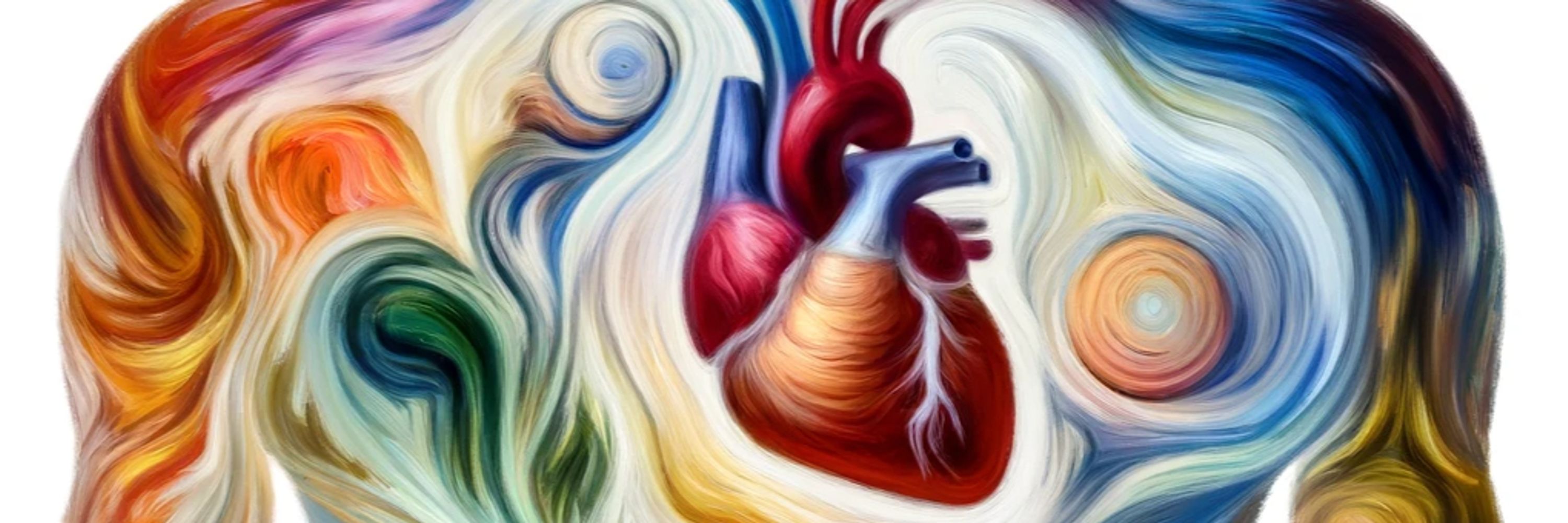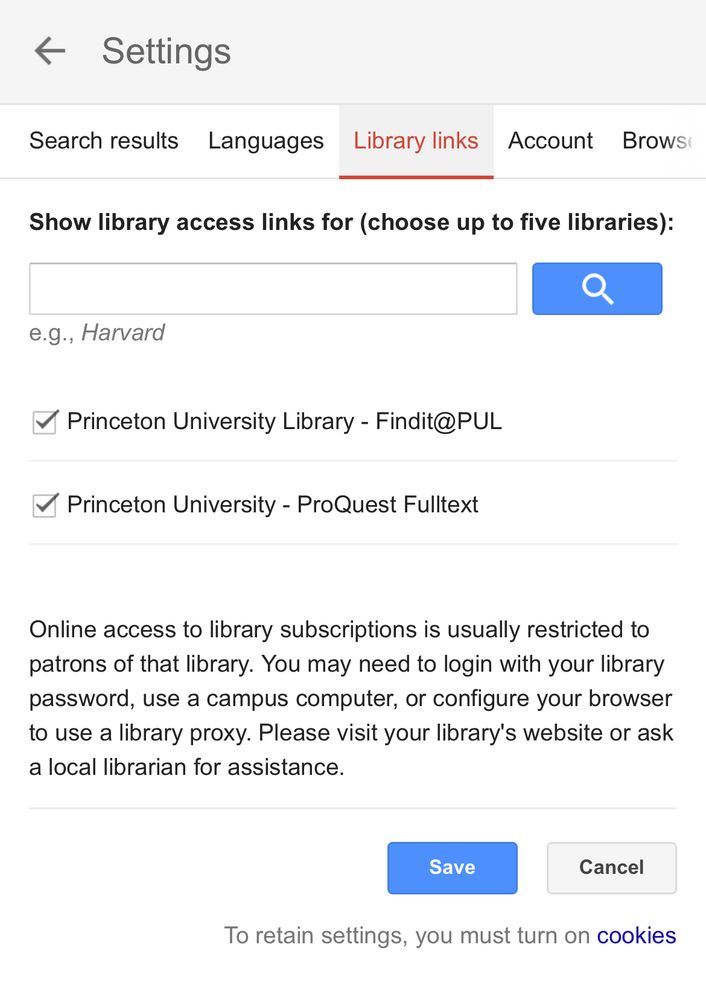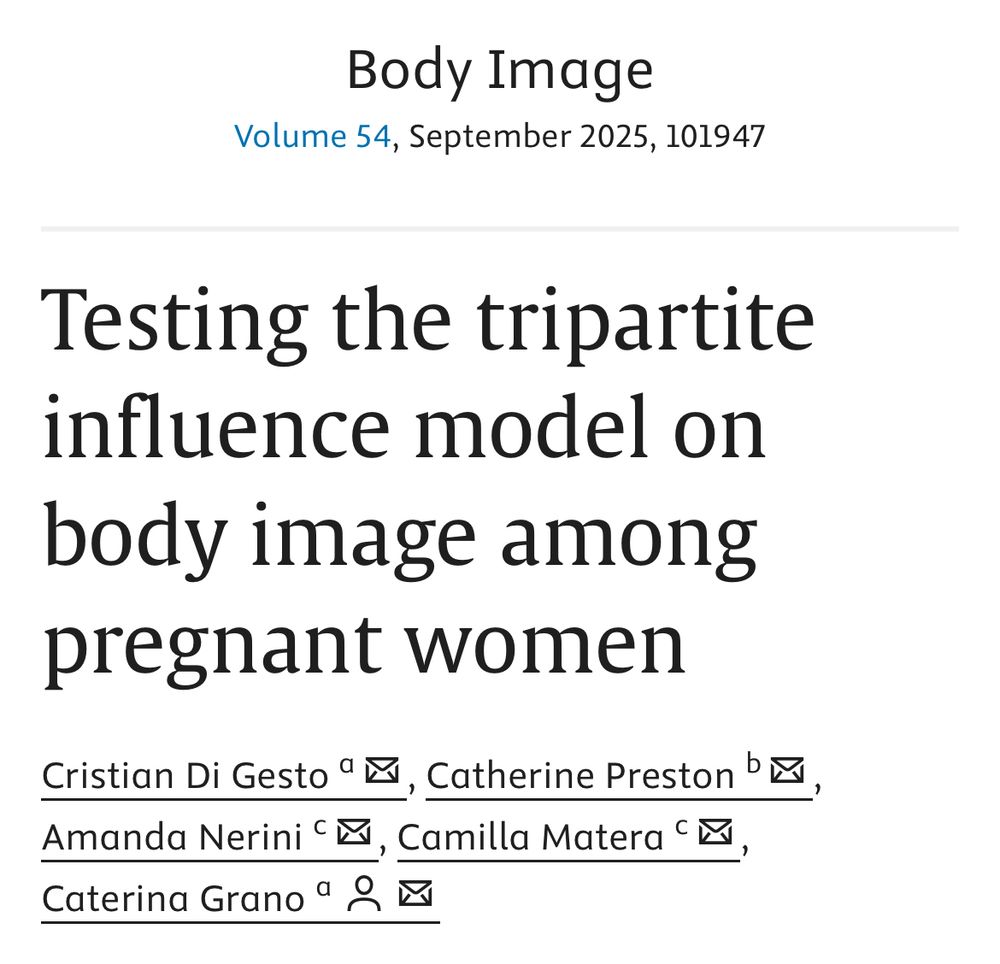Paul Jenkinson
@paulmjenkinson.bsky.social
230 followers
580 following
40 posts
Embodied neuroscience research and other random stuff. Opinions are my own. www.paulmjenkinson.com
Posts
Media
Videos
Starter Packs
Reposted by Paul Jenkinson
Reposted by Paul Jenkinson
Reposted by Paul Jenkinson






